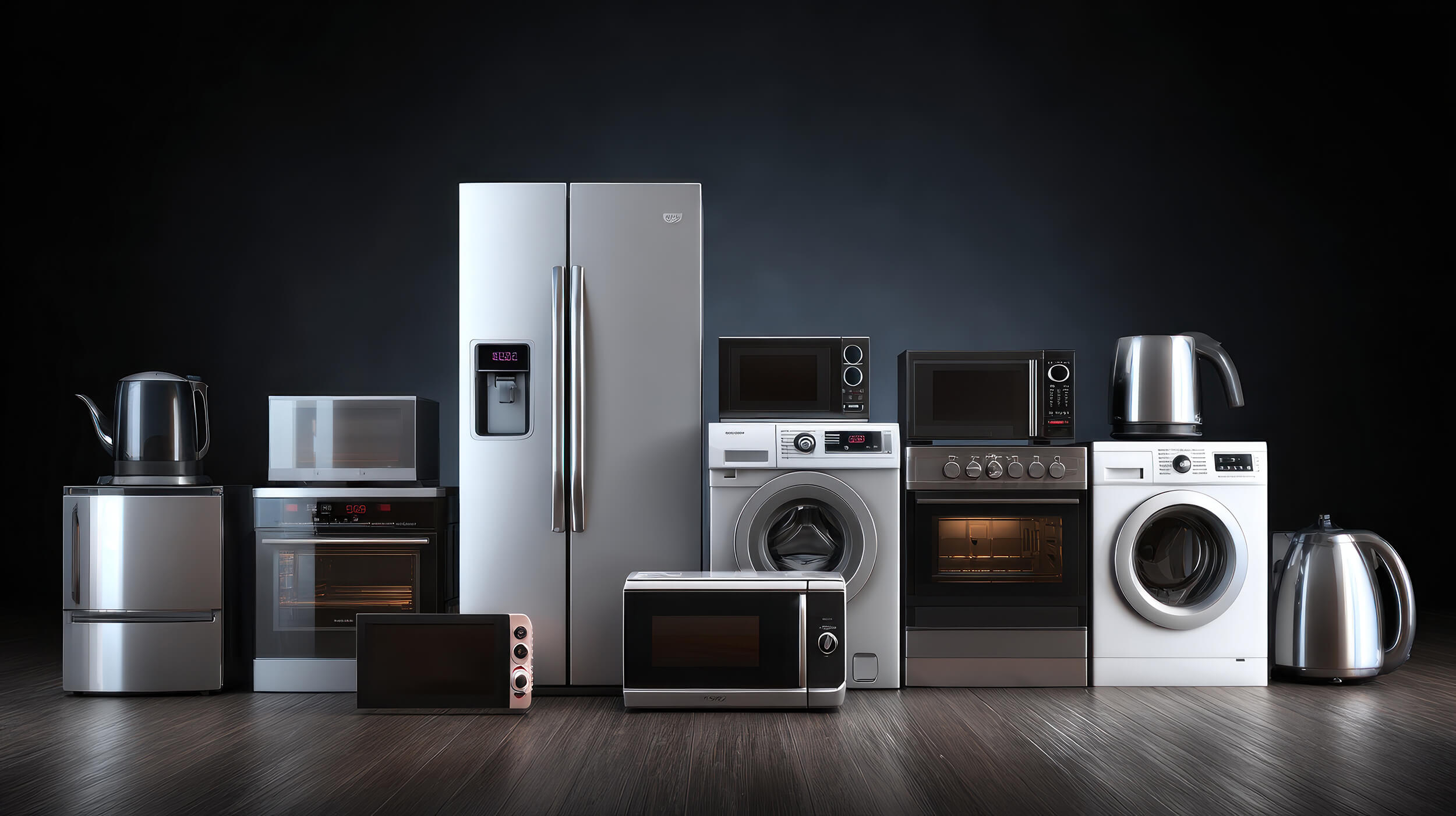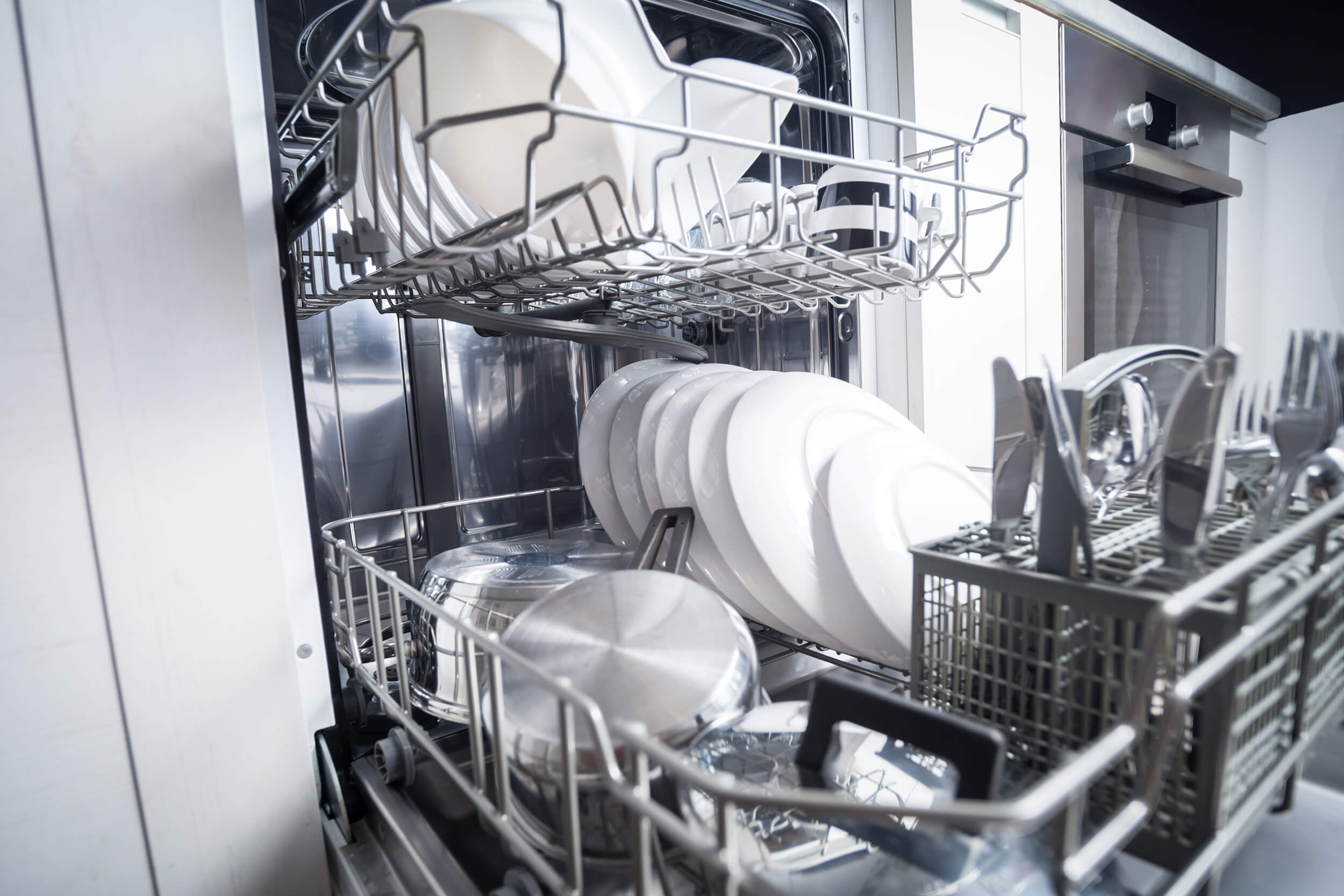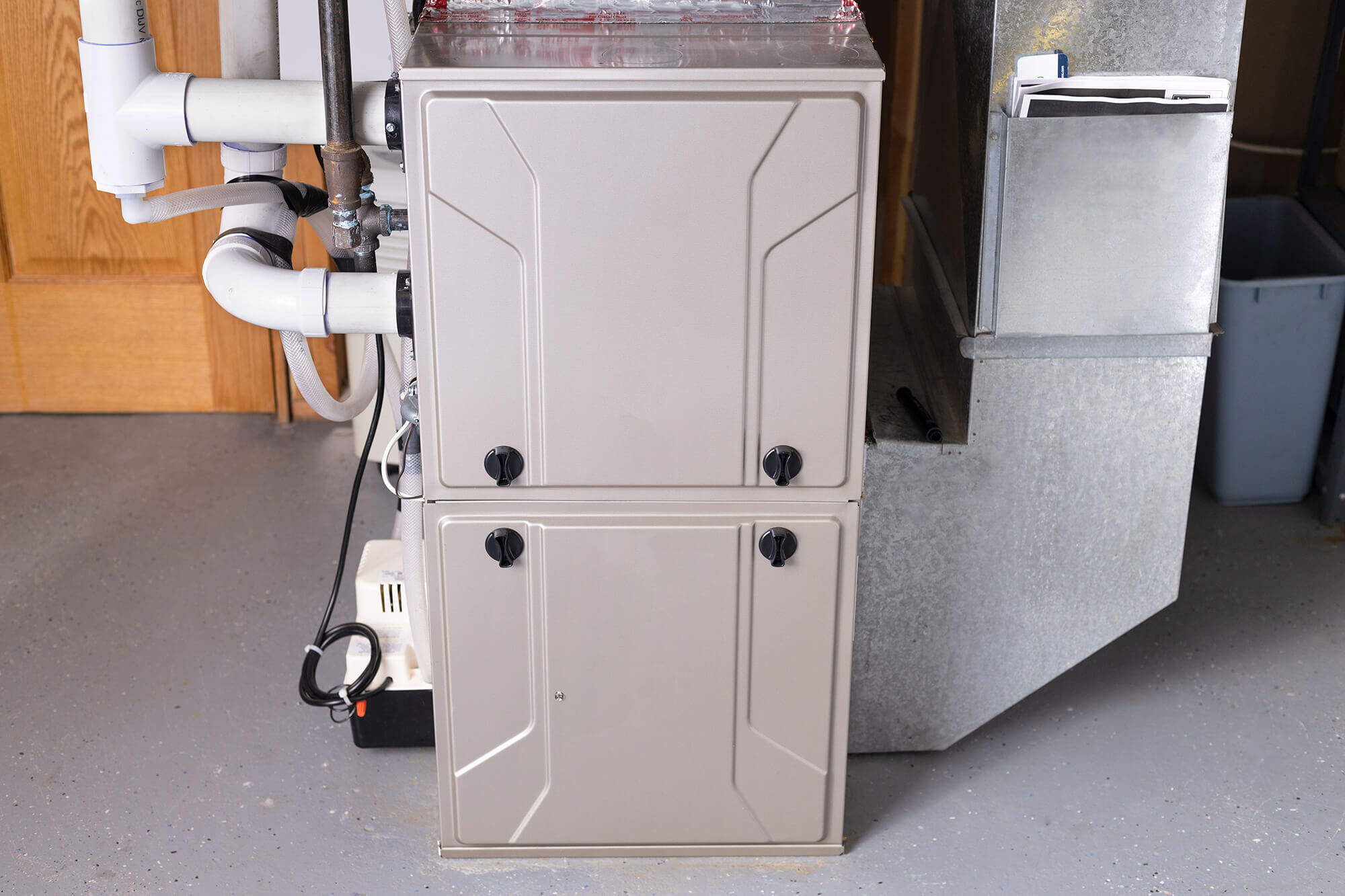
Washington, DC—Federal efficiency standards for new washing machines and dryers announced today will deliver significant energy and water savings—while shifting the market to technologies that clean and dry better. The Department of Energy (DOE) standards will reduce annual utility costs by $67 (for a household replacing typical inefficient models of both products) and cut greenhouse gas emissions by 71 million metric tons (from products sold over 30 years).
The new efficiency standards for residential clothes washers and dryers are at levels jointly recommended by efficiency advocates and product manufacturers. For the most common model types, the standards are equivalent to the efficiency level required for a model to receive the ENERGY STAR® certification today. All major manufacturers sell such models.
Laboratory testing has shown that, on average, the lower-efficiency models that would be phased out do not perform as well at cleaning clothes and drying them as models that already meet the standards.
Joanna Mauer, deputy director of the Appliance Standards Awareness Project (ASAP), said: “These standards will ensure any model you or your landlord picks uses proven efficiency technologies. It’s going to reduce your bills and make a meaningful cut to climate pollution. The efficient models that already meet these standards clean clothes better and are less likely to overdry and shrink them. We’re talking about laundry machines that are just better.”
Charlie Harak, senior attorney at the National Consumer Law Center, said: “These long overdue standards will benefit consumers by reducing the water and energy consumption of their washers and dryers and lowering their utility bills. These standards are particularly beneficial for low-income families, who are disproportionately renters, because landlords who provide washers and dryers will have to install more-efficient equipment.”
Margie Alt, director of the Climate Action Campaign, said: "Appliance efficiency standards cut climate pollution while saving consumers billions of dollars on their energy and water bills. I want to thank President Biden and Secretary Granholm for making this important update to clothes washer and dryer standards, which will avert 71 million metric tons of climate pollution. That's real climate action to get spun up about."
Ron Burke, president and CEO of the Alliance for Water Efficiency, said: “Clothes washers perform an essential task in American homes, and these new standards improve both performance and water efficiency while saving households money.”
Susan Weinstock, CEO of the Consumer Federation of America, said: "The new efficiency standards set by the Department of Energy for clothes washers and dryers are a win-win for consumers and the environment. These updated standards will reduce utility bills and lower greenhouse gas emissions by 71 million metric tons over three decades. They represent a significant stride forward by not only enhancing consumer savings but also propelling environmental stewardship.”
Washing machine standards
The standards for washing machines strengthen the separate efficiency requirements for top-loading and front-loading models. The primary improvement would be for top-loaders, requiring less efficient models in this group to reduce energy use by about 10%, matching the performance of more efficient ones. The standards require front-loaders—which are the more efficient type—to meet strengthened efficiency levels that most such models already meet.
Top-loading models that achieve the ENERGY STAR efficiency levels today perform better than their peers, according to an ASAP review of current Consumer Reports testing ratings. These models have a significantly higher average washing performance score in testing—4.1 versus 3.1. They also score slightly better on predicted reliability (3.4 versus 3.1).
DOE found that models can meet the standards without reducing cycle wash temperature and that meeting the new standards doesn’t require longer cycle times than those of today’s inefficient machines. Manufacturers can continue to produce models that offer a “short” cycle option for when time is at a premium.
The standards will ease water use from washing machines, which are currently responsible for 16% of households’ indoor consumption.
DOE last updated washing machine efficiency standards in 2012. The department was required by law to finalize new standards (or determine that no update was beneficial) by 2020. The standards will take effect in 2028.
Clothes dryer standards
Clothes dryers—whether electric or gas—are one of the biggest energy users in many homes. Today’s least efficient electric models consume nearly a tenth of the average home’s total electricity use.
Some models use older heating technology and do not optimize the timing of heating intensity. And when running a “normal” cycle that is supposed to stop when the clothes are dry, some models overdry, DOE testing has shown, wasting significant amounts of energy. Overdrying can shrink or otherwise damage clothes.
Fortunately, manufacturers have incorporated changes in leading models that dry better using far less energy. The standards—which will cut energy use in some models by as much as 40%—will ensure that all clothes dryers use sensors and programming that reduce or eliminate overdrying in “normal” cycles.
Models that already meet the new standards have very good drying performance. An ASAP review found that over 90% of ENERGY STAR electric dryers tested by Consumer Reports achieve drying performance ratings of 4 or 5 (out of 5), while only about two-thirds of non-ENERGY STAR models achieve such ratings.
DOE’s updated test procedure for dryers ensures that no manufacturer could sell a model that meets the new standard yet fails to adequately dry clothes. Manufacturers could continue to make models allowing consumers to choose a “more dry” cycle, as well as timed cycles, which could use more energy.
DOE last updated clothes dryer efficiency standards in 2011, and those standards were only a modest advance from ones set in the early 1990s. The department was required by law to finalize new standards (or determine that no update was beneficial) by 2019. The new standards will take effect in 2028.
###
Contact:
ASAP: Ben Somberg, bsomberg@aceee.org
AWE: Kelly Connolly, kelly@a4we.org
CAC: Catherine Gorman, cgorman@cacampaign.org
CFA: Nicholas Rubando, nrubando@consumerfed.org
NCLC: Stephen Rouzer, srouzer@nclc.org
Alliance for Water Efficiency (AWE) is a nonprofit organization dedicated to the efficient and sustainable use of water. AWE supports water conservation practitioners from over 500 member organizations, including water utility agencies, businesses and corporations, governmental agencies, nonprofits, and researchers, to advance the adoption of water-efficient practices, appliances, and programs across North America.
The Appliance Standards Awareness Project (ASAP) advocates for appliance, equipment, and lighting standards that cut planet-warming emissions and other air pollution, save water, and reduce economic and environmental burdens for low- and moderate-income households. ASAP’s steering committee includes representatives from environmental and efficiency nonprofits, consumer groups, the utility sector, and state government.
Climate Action Campaign (CAC) is a vibrant coalition of advocacy organizations working together to drive ambitious, durable federal action to cut carbon pollution, address the climate crisis, advance environmental justice, and accelerate the transition to clean energy. Our goal is to reduce carbon pollution and accelerate the transition to clean energy through policies focused on climate, justice, and jobs and expanding opportunity for all.
The Consumer Federation of America is a national organization of more than 250 nonprofit consumer groups that was founded in 1968 to advance the consumer interest through research, advocacy, and education.
Since 1969, the nonprofit National Consumer Law Center® (NCLC®) has worked for consumer justice and economic security for low-income and other disadvantaged people in the U.S. through its expertise in policy analysis and advocacy, publications, litigation, expert witness services, and training.




